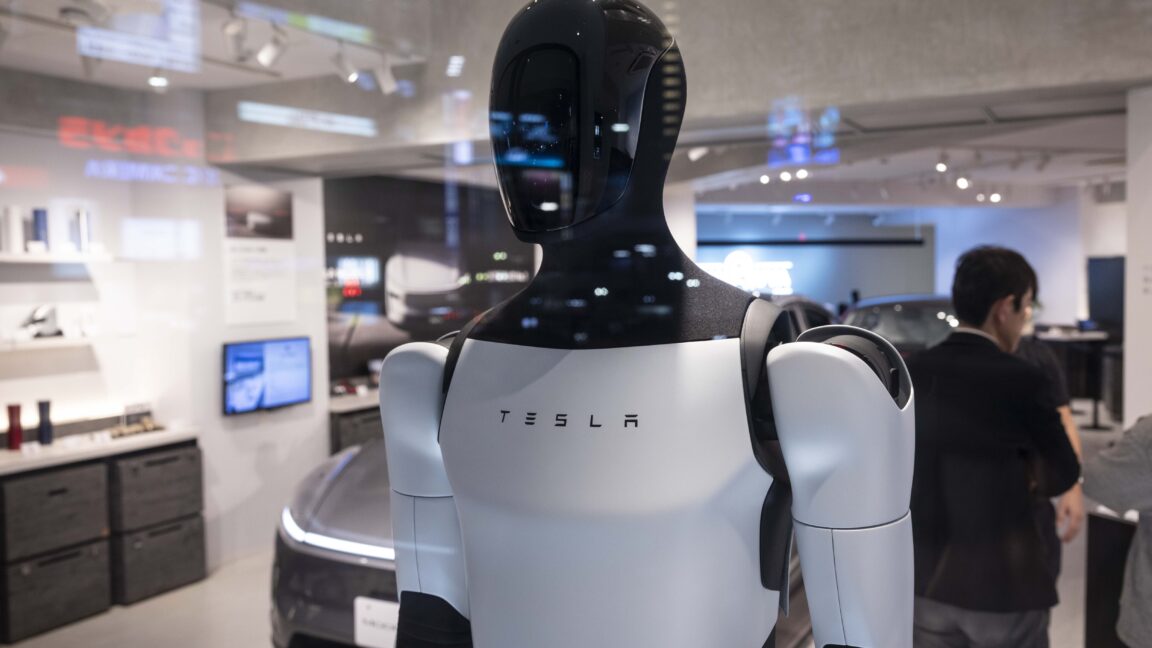
Credit: Stanislav Kogiku/SOPA Images/LightRocket via Getty Images
If Tesla was hoping that decent sales in China might boost the company's fast-diminishing profits, it was a forlorn hope. For the second month in a row, the automaker has experienced a year-over-year decrease in sales in China.
According to Reuters, Tesla's sales dropped by 4 percent in August compared to the same month in 2024. That's not quite as dire as July, when Tesla saw Chinese sales decrease by 8.4 percent. Much of Tesla's Shanghai factory's slack was taken up by exporting EVs to other markets.
Some of Tesla's stiffest competition in China has come from BYD, but the Chinese automaker has started to experience its own struggles at home, too. Yesterday, BYD reported a 30 percent drop in quarterly profits, in part due to the Chinese government telling automakers at the start of the summer that their price war was over.
Things look better for BYD in Europe, where it is capitalizing on the ongoing rejection of Tesla by European car-buyers. Last week, the European Automobile Manufacturers Association figures showed a 40 percent drop in Tesla sales in July compared to the same month last year, eroding Tesla's market share to 0.7 percent within the European Union.
Meanwhile, BYD now accounts for 1.1 percent of all new cars sold in the European Union.
There is one bright spot for Tesla, however—it sold 8,370 cars in Turkey in August, making it that country's second-most popular automaker.
Robots will save Tesla?
But perhaps Tesla shareholders shouldn't worry about cratering sales. On Monday night, Tesla CEO Elon Musk used his social media network to yet again prophesize that the company's future is not cars. Despite the fact that selling cars brings in 75 percent of the revenue and is responsible for the carbon credits that keep the company in the black, EVs are but a mere distraction. Instead, Musk claims that 80 percent of Tesla's value will come from selling humanoid robots.
Musk has been promoting Tesla's humanoid robot for some years now, with flashy demos that, instead of actual robotics, were waldos in action, mindlessly copying the motions of human controllers who were operating them remotely.
Despite the very non-humanoid shape of industrial robots in car factories, Musk has said the Tesla robots will find their way onto the company's production line to build cars, presumably to replace workers whom he would otherwise have to pay salaries and benefits. But the CEO has grander ambitions for his robots, claiming on an investor call last year that the company will sell billions of humanoid robots a year.

-
 C114 Communication Network
C114 Communication Network -
 Communication Home
Communication Home


